Plants have been used for centuries to treat human ailments, and even today, natural remedies and herbal treatment methods have become increasingly popular. While modern medicine relies heavily on prescription drugs, the healing power of plants can also be used as a defense mechanism against both physical and mental ailments.
The World Health Organization has reported that 11% of medicines are made in simple and natural ways using plants. Pharmaceutical companies have also developed formulas that turn natural methods into pills and syrups. However, it is important to note that natural remedies also carry risks and side effects, just like production drugs. It is crucial to consider scientific-based studies, know the risks, and evaluate how effective natural remedies can be.
Nine natural remedies have undergone health safety studies and have been rated by experts in terms of safety and efficacy. These include Gingko, Evening Primrose Oil, Turmeric, Echinacea, Flaxseed, Tea Tree Oil, Grape Seed Extract, Lavender, and Chamomile.
Gingko, also known as the temple tree, has a healing effect on brain health and can treat mild to moderate dementia, cognitive decline in Alzheimer’s disease, diabetes, bone healing, anxiety, and depression. However, long-term use can increase the risk of thyroid and liver cancer, and it should not be used with blood thinners.
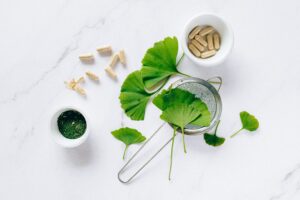
Evening Primrose Oil is effective against inflammation and can help with conditions such as PMS, eczema, and chest pain. It may interact with some medications and should not be used during pregnancy or with blood clotting medications.
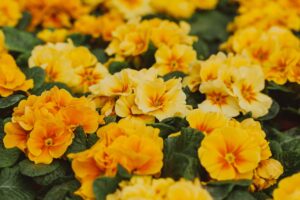
Turmeric is a spice used in cooking that is believed to be anti-inflammatory, can reduce pain caused by inflammatory diseases such as arthritis, and can prevent cancer. Long-term use can cause stomach problems.
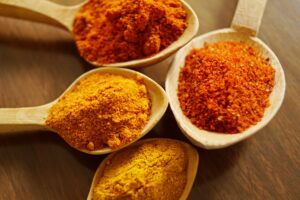
Echinacea can be used to treat colds, bronchitis, and upper respiratory tract infections, and can help boost immunity. Its main side effects are digestive system problems and stomach pain.
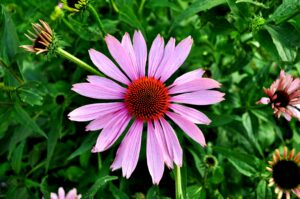
Flaxseed is an important source of omega-3 fatty acids and antioxidants, which can reduce obesity, regulate blood pressure, prevent colon cancer, and treat inflammation and hot flashes. It can affect estrogen production in those with a history of cancer and in pregnant women.

Tea Tree Oil is a plant with antimicrobial superpowers and is used to support many skin problems, such as acne, athlete’s foot, cuts, dandruff, and insect bites. It is toxic when taken orally and can affect hormones.
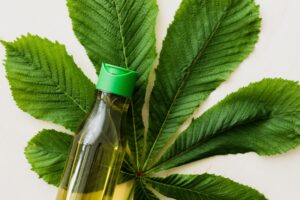
Grape Seed Extract has antioxidant properties, can lower bad cholesterol, reduce symptoms of poor circulation in the leg veins, and has anti-cancer effects. It should be used with caution while using blood thinners and blood pressure medications, and before surgery.

Lavender essential oil is effective against anxiety and anxiety, can regulate mood, and affect cognitive performance. It is possible to dilute and apply it to the skin. It can cause skin irritation and is toxic when ingested.
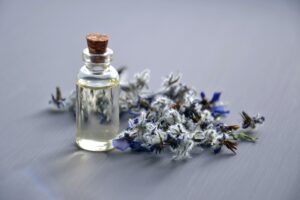
Chamomile is a medicinal plant used as an anti-anxiety and anti-stress remedy. Chamomile tea has soothing and calming properties and has been confirmed to be safe for use in anxiety-related mental disorders. It also plays an important role in cancer treatment. It can be allergic and interact with blood thinners.

In summary, natural remedies and herbal treatment methods can be beneficial for health, but it is important to use them with caution and consider scientific-based studies, risks, and side effects. It is best to consult with a healthcare professional before using natural remedies, especially if you have any underlying medical conditions or are taking medications.


